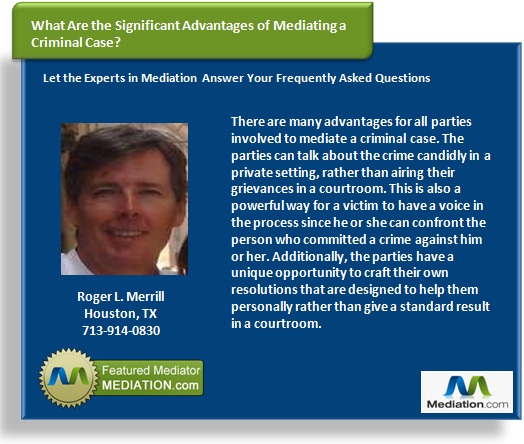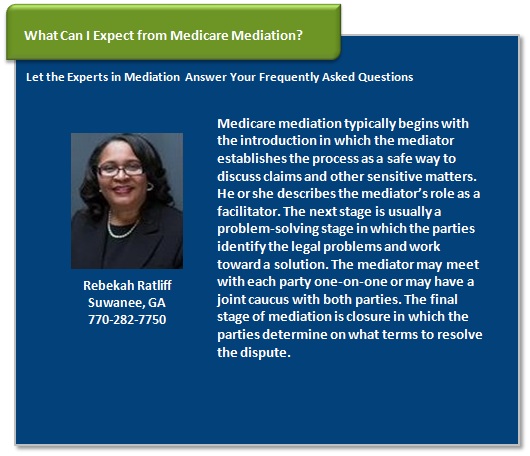Because the purpose of the juvenile justice system is to rehabilitate rather than punish a young person, cases arising in this arena are often great candidates for the mediation process. Mediating a juvenile justice system allows the victim to confront a juvenile offender and talk with him or her in a safe and controlled environment. The mediator who is assigned to the case is trained at conflict resolution and may take additional training geared toward the mediation of these particular types of cases.
During mediation, the parties talk about how they were affected by the crime. Rather than proceed as enemies, they work together to establish a plan to correct the harm that was done. The mediator helps the parties talk through the problem. The victim may want to ask questions about why the offender committed the crime. The victim is often empowered during this process by being able to be on an equal footing with someone who has caused harm. It often helps the victim heal and request ways for the offender to make things right.
The offender also benefits from this process because he or she can grow and learn from the experience. Mediation can teach empathy and also increase self-awareness as to why the offender chose a criminal act. It also teaches the offender about accountability and how he or she can personally make a situation right.
The parties work together to decide on what type of restitution is needed and how to provide it. The offender can feel a great sense of healing from this experience and making things right after committing a bad act. This in turn helps the offender avoid further involvement with the criminal justice system and decreases the likelihood of committing another crime.






 Mediation is becoming a more popular option for communities behind restorative justice who believe that rehabilitating people convicted of DUI and other crimes requires more than simply imprisoning individuals. Some common questions and answers associated with this practice include:
Mediation is becoming a more popular option for communities behind restorative justice who believe that rehabilitating people convicted of DUI and other crimes requires more than simply imprisoning individuals. Some common questions and answers associated with this practice include:


 Mediation can be used to help resolve disputes in an array of practice areas, including insurance and Medicare claims.
Mediation can be used to help resolve disputes in an array of practice areas, including insurance and Medicare claims.